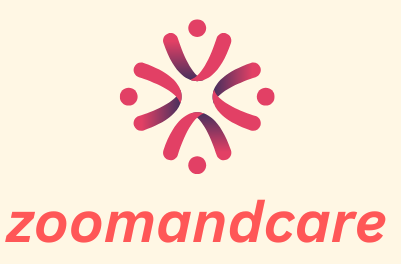Introduction: Play is not just a fun activity—it’s an essential part of early childhood development. Through play, children explore the world, develop new skills, and foster relationships that will serve them throughout their lives. Let’s dive into why play is so powerful in shaping a child’s growth.
The Importance of Play:
Play is a vital part of a child’s development, supporting growth in several areas:
- Cognitive Growth: Play enhances problem-solving, memory, and critical thinking. Activities like building blocks and puzzles help children develop their cognitive skills.
- Social Skills: Through play, kids learn cooperation, sharing, and empathy as they interact with peers.
- Emotional Development: Play provides an outlet for children to express emotions and understand their own feelings, as well as those of others.
- Physical Skills: Physical play, like running, jumping, or climbing, promotes motor skills and coordination.
Types of Play and Their Benefits:
- Free Play
Free play is when children engage in unstructured activities, letting their imagination lead the way. This type of play encourages creativity and independence.
Example: Letting children build their own forts with cushions or use blocks to create a structure of their choice. - Structured Play
These are activities with specific rules or guidelines. Structured play helps children learn patience, teamwork, and following instructions.
Example: Playing board games or participating in group exercises. - Imaginative Play
Imaginative play allows children to pretend and role-play. This type of play fosters creativity, storytelling, and emotional understanding.
Example: Pretending to be chefs, doctors, or astronauts.
How Parents Can Foster Play at Home:
- Provide Open-Ended Toys: Toys that don’t have a specific purpose (like blocks, art supplies, or dolls) let children use their imagination freely.
- Set Aside Time for Play: Make sure to allocate time for children to engage in unstructured play every day.
- Join the Play: Participate in your child’s play to strengthen your bond and provide positive modeling of social skills.
Conclusion:
Play isn’t just for fun—it’s an essential component of early childhood development. It helps children learn, grow, and develop crucial skills in a safe and supportive environment. So, whether it’s free play, structured games, or imaginative role-playing, let your children explore, create, and have fun. Play is a powerful tool in their development, and every moment spent playing is a step toward their future success.



